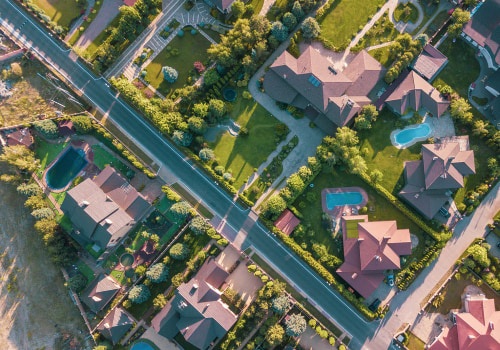Brooklyn is a real estate market for buyers, which means that prices tend to be lower and homes stay on the market longer. Interesting trends found in the report include the return of small retail stores in neighborhoods, which were affected during the pandemic; institutional investors who purchased multifamily housing developments; and increased commercial real estate activity in South Brooklyn compared to the expensive neighborhoods of downtown and Brooklyn in the north. The supply of homes is outpacing demand, favoring homebuyers who are managing to have a good influence on price negotiations. The ratio between sales and list prices in New York City is falling, which means that sellers are reducing their original list price and their closing price.
As mentioned earlier, of the districts analyzed for this report, Brooklyn homes went off the market faster, with 79 days. Some 1,180 sellers put their home on the market last month in Brooklyn, up 23.6 percent from last February. The average time in the housing market in New York City was 88 days in February, 28 days faster than last year. New York markets reflect what is happening in other parts of the country, according to data firm Black Knight, which released a report that revealed that 97 of the 100 largest real estate markets experienced a slowdown or increase in prices in the past six months.
Homes are coming off the market faster in Brooklyn, with an average of 79 days, 25 days faster than last year, and Brooklyn's inventory for sale is down 12 percent. Real estate market reports are calculated by Rocket Homes Real Estate and are based on information from the MLS. The recent increase in home prices should encourage more sellers to place their properties on the market, making it easier and more likely for buyers to find their ideal home. Therefore, the slow summer and the hot summer months could be the biggest opportunity for short-term buyers.
Many buyers looking to buy a home have lost their right to a mortgage or are unable to buy a home in the current economic situation, resulting in a precipitous drop in buyer interest. It also means that Rochester's housing market won't crash if the labor market weakens the way San Francisco collapses every time the tech bubble bursts. The Manhattan condominium market also saw sharp declines in the number of new contracts signed, while the number of new listings increased. The full recovery of New York City's real estate market and the economy as a whole depends on potential future closures in New York City, as well as on the speed and efficiency of vaccine distribution, which can help businesses reopen at full capacity with no restrictions at all.



